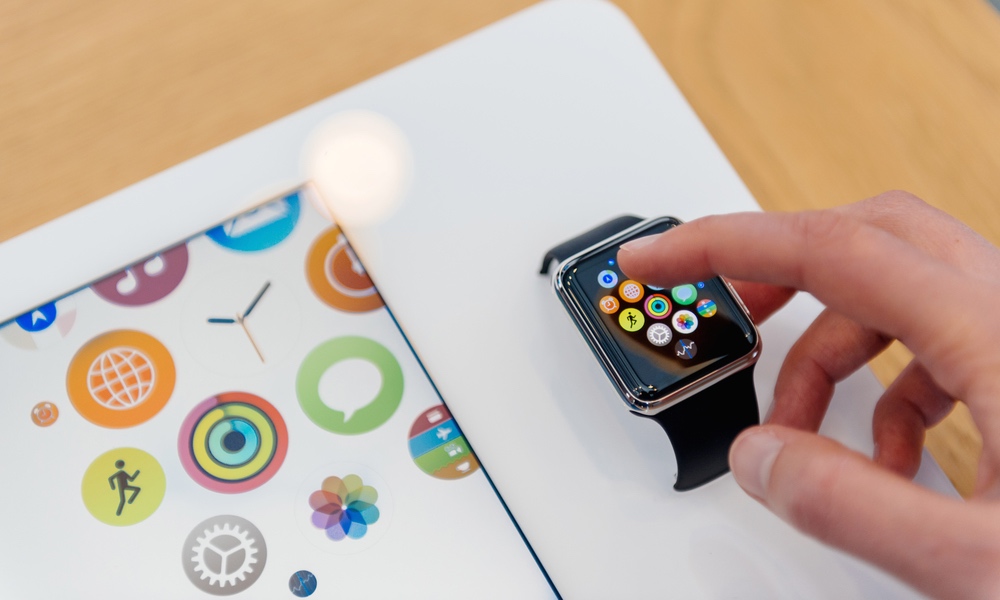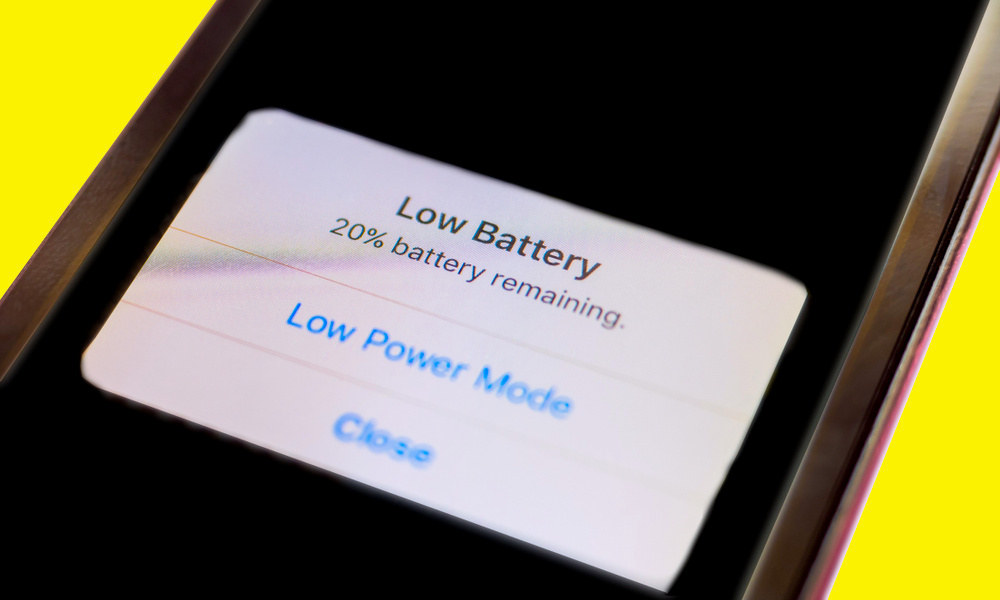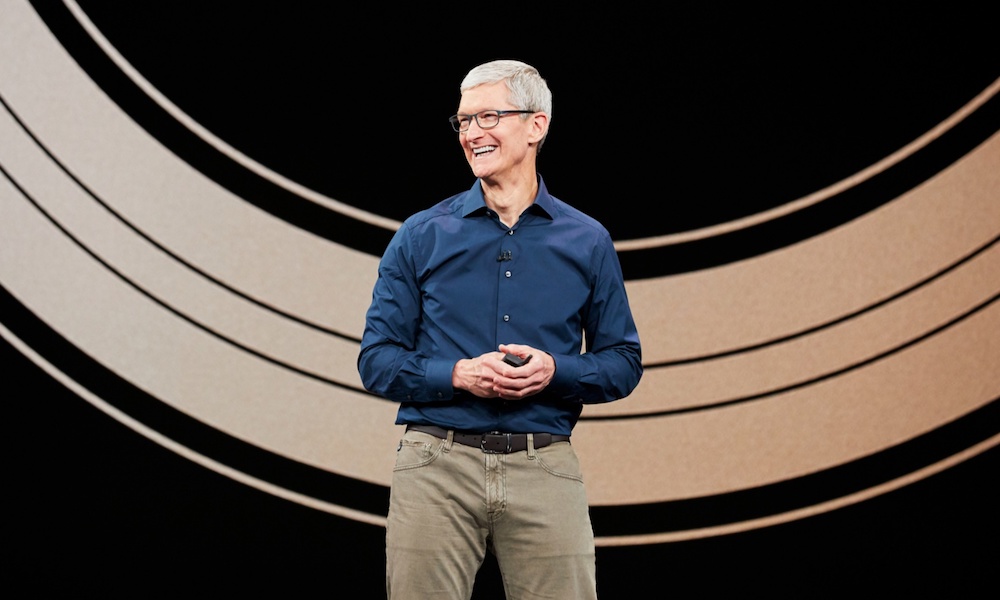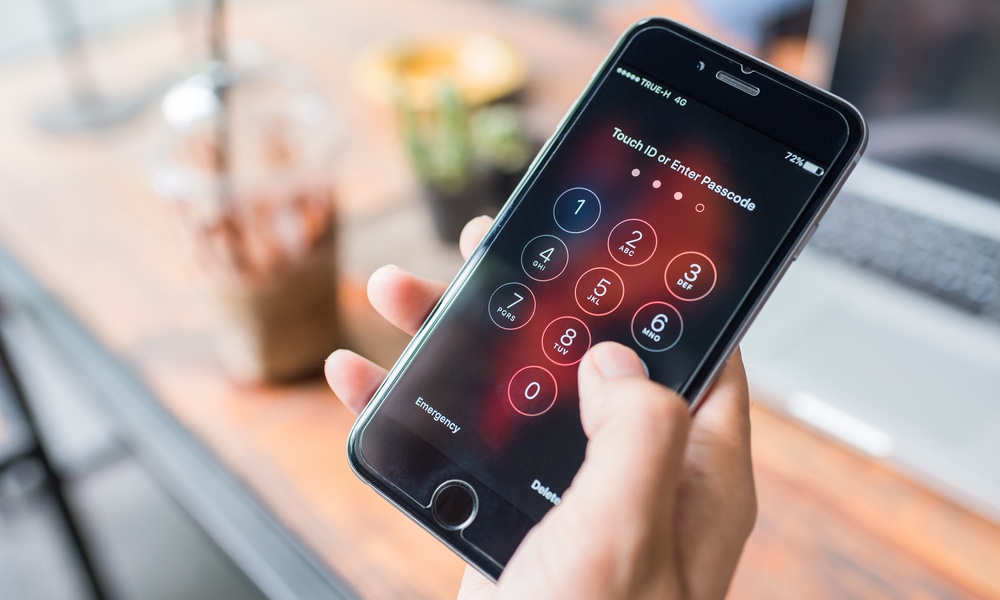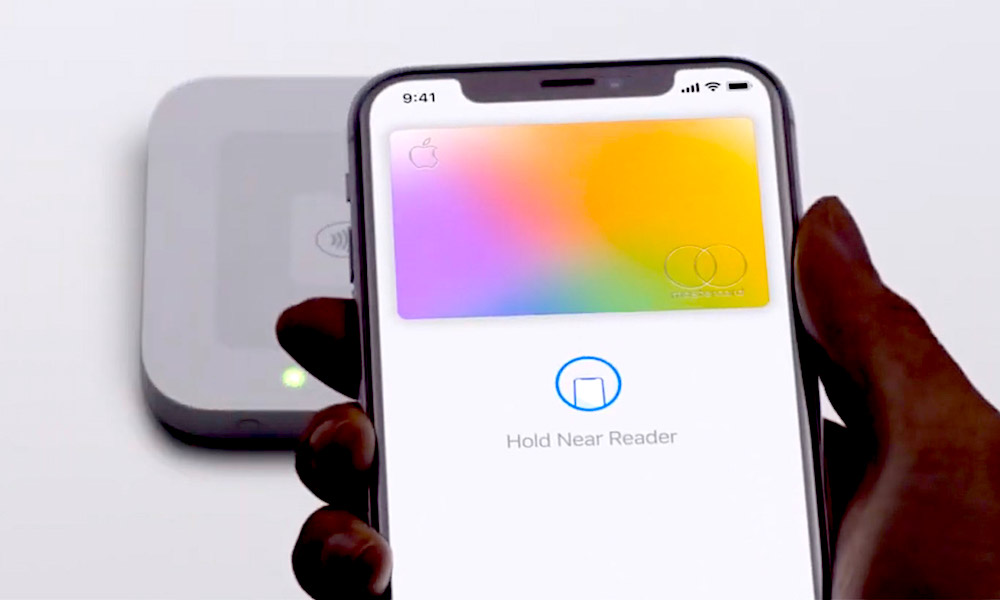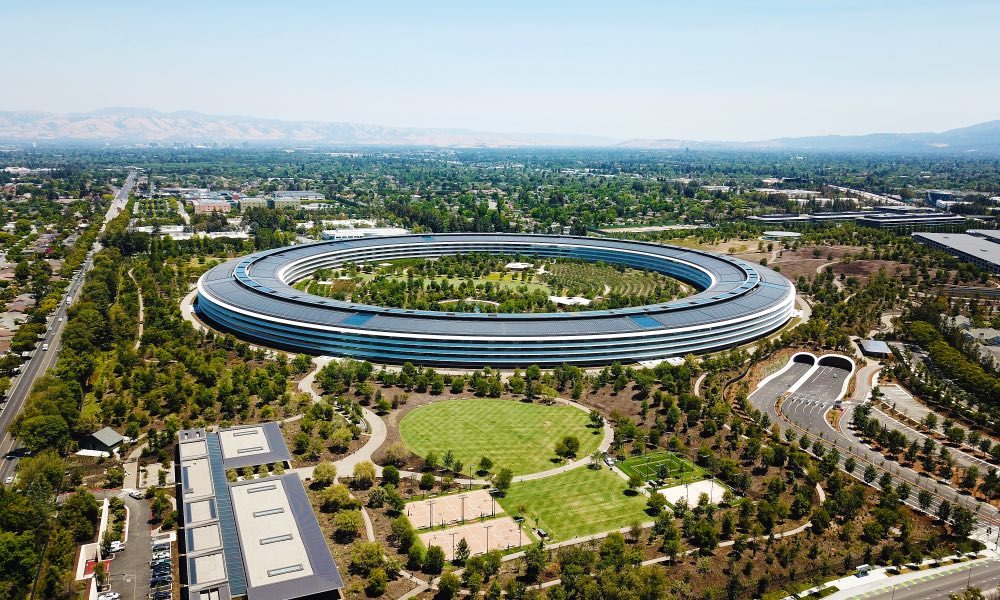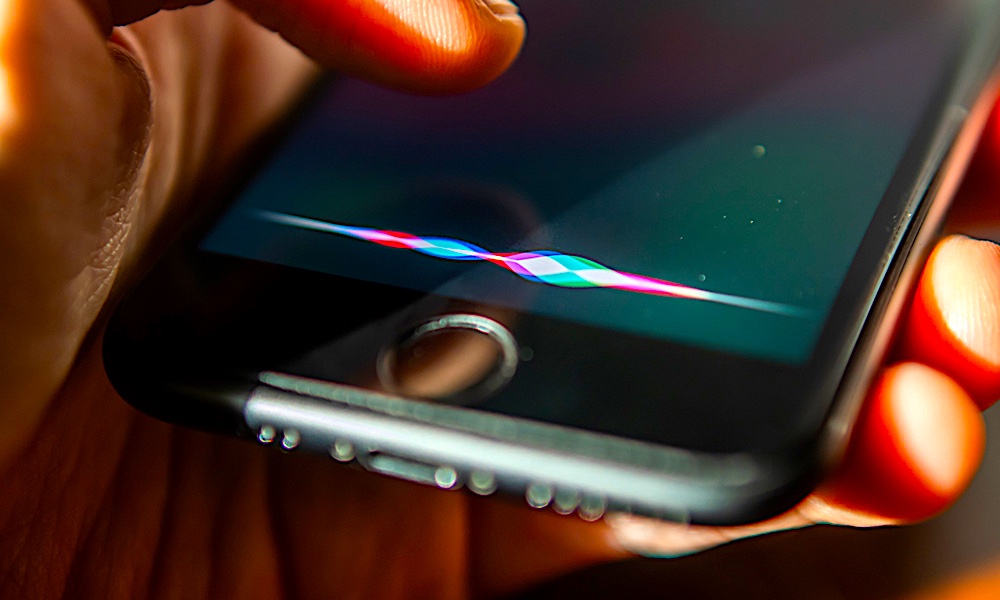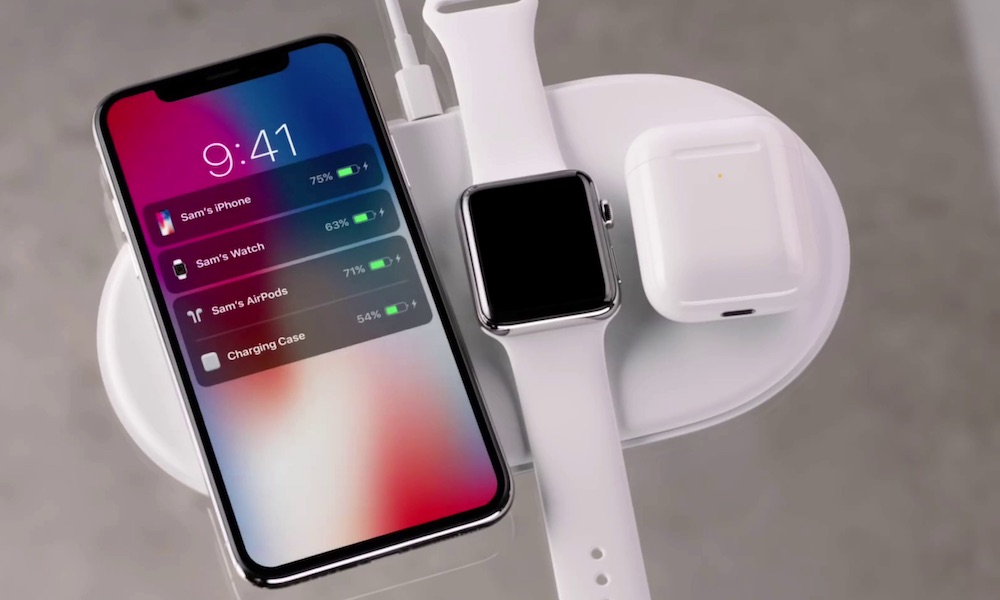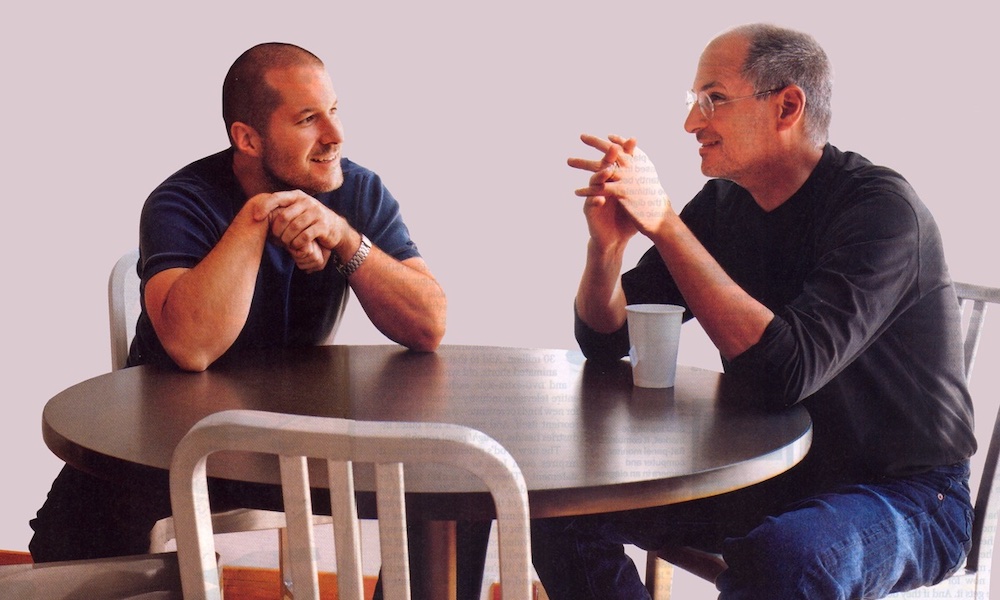Apple’s 10 Most Important Moments of the Decade
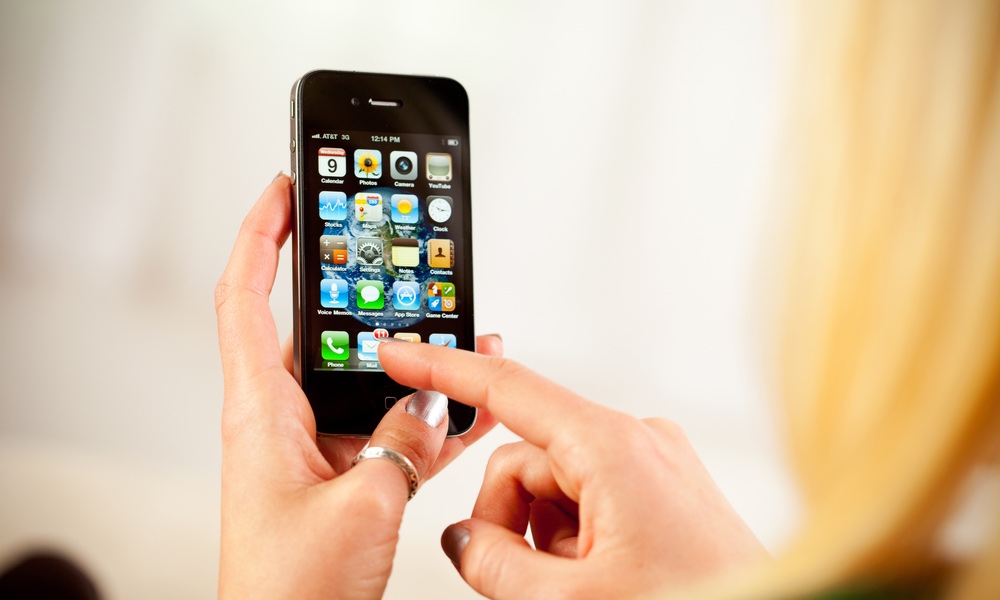 Credit: Sean Locke Photography / Shutterstock
Credit: Sean Locke Photography / Shutterstock
A lot can and does happen in a 10-year span. That’s true for you or me, as well as for the largest technology company in the world. Looking back, it’s been an incredibly important and eventful decade for Apple. There were certainly ups and downs for the company, but Apple made great strides in consumer tech and hit some massive milestones. Continue reading to browse 10 of the most important moments of the last decade for the Cupertino-based iPhone maker.
The First Apple Watch
There are events and moments that are important to Apple in a cultural or business sense. And then there are moments like the release of the first Apple Watch. It’s not every day that a company can say one of its products actually improves the lives of its users. But that’s exactly what the Apple Watch has done since its release.
The immensely popular wearable is the most popular watch in the world. And its suite of health and wellness features are loved by Apple users across the globe. But it doesn’t stop there. There have been numerous documented cases of the Apple Watch helping to save someone’s life.
Batterygate
Not everything that Apple did in the past decade made the company look good. And the so-called “Batterygate” controversy is a key example of that. It all started when Apple introduced a new power management system to stave off unexpected shutdowns on devices with degraded batteries. All good, right?
At worst, Apple should have been a bit more forthcoming about the feature. But you probably remember the ensuing fallout. And yet, Apple made massive steps in the right direction in the wake of the scandal. From heavily discounted battery replacements to built-in battery health tools, iPhone users are now better off because of it.
Reaching a $1 Trillion Valuation
One of the biggest milestones Apple reached this decade was becoming the world’s largest publicly-traded company. While the Cupertino tech giant was recently surpassed by Saudi Arabia’s oil company, Aramco, it held its place as the top dog of the market for at least a couple of years.
And back in August 2018, it hit another related milestone. AAPL shares reached an all-time high of $206.58 around 1:30 p.m. on Aug 2. With the number of outstanding shares, that meant that Apple’s market valuation reached $1 trillion. Notably, it became the very first company actually to hit that mile marker.
Apple’s Refusal to Create a Backdoor
In the wake of the San Bernardino mass shooting, the FBI asked Apple to help it create a backdoor to get into an iPhone 5c belonging to one of the gunmen. Apple refused to comply with the order, saying that it would prioritize its users’ privacy and security.
That was, arguably, a major defining moment for Apple’s privacy policies. While the company has always respected its users’ data, Apple’s dustup with the FBI really set the tone for its now-famous pro-privacy stance. At the time, it was merely a small part of Apple’s reputation. In the era of data harvesting and breaches, it’s become one of Apple’s rallying cries.
2019’s Services Launch
Apple released the first iPhone in 2007. But in 2019, it may have done something just as significant. This year, Apple slowly kicked off its slow transition to a services-based business with the release of Apple News+, Apple TV+, Apple Card, and Apple Arcade.
In the wake of stagnant smartphone sales across the globe, that may be something that will save Apple down the road. Many analysts think Apple’s Services sector, which also includes Apple Music and iCloud storage, will overtake the iPhone as Apple’s primary cash cow in the future.
The Opening of Apple Park
Apple made some landmark decisions over the past 10 years. But it also opened a literal landmark in the form of Apple Park. The Cupertino-based headquarters really is a marvel of design. Not only does it house more than 12,000 employees in a “spaceship” structure, but it’s also one of the most energy-efficient buildings in the world.
While first envisioned by late Apple co-founder Steve Jobs, the company didn’t break ground on the project until 2014. After a couple of years of continued construction, Apple Park officially opened to workers in April 2017. The first Apple keynote event, held in the Steve Jobs theater, took place later that year in September.
Siri’s Debut
From Amazon’s Alexa to Samsung’s Bixby, digital assistants are pretty much everywhere these days. And while Apple’s own digital assistant may be lagging behind its competitors in terms of popularity and features, there’s little doubt that Siri helped to introduce and popularize the concept of the digital assistant to consumers.
Siri was first launched on Apple’s iPhone 4S back in 2011. And, at the time, Siri was really the first and only digital assistant of its kind available on a smartphone. While assistants like Alexa and Google Assistant may have surpassed Siri in some ways, they all have something to owe to their predecessor.
Canceling AirPower
Apple wasn’t without its blunders throughout the last decade. But, arguably, one of the most embarrassing missteps for the Cupertino tech giant was the sudden and unexpected cancelation of its highly anticipated AirPower wireless charging mat. That surprising revelation came after months of eager waiting on the part of fans.
According to Apple, it was canceled because it didn’t “achieve (its) high standards.” That’s probably true since reports indicated that AirPower was running into overheating problems. But, no matter what happened behind the scenes, it’s incredibly likely that Apple won’t reveal anything before it’s ready again.
The Release of the iPhone 4
It’s easy to think that the rise of the smartphone started with Apple’s first iPhone in 2007. But, in reality, the actual start of the “smartphone era” can really be traced back to 2010 and the release of the iPhone 4. That’s partly because of its design and features, and partly because it was the first iPhone to become available across all major carriers in the U.S.
Nearly a decade later and the iPhone 4 is still remembered by many Apple fans fondly. It packed a high-resolution display and a selfie camera wrapped up in a design that’s still celebrated today (and a design that future iPhones may borrow from). At the time, Android smartphones were still rolling out. And, to this day, they have much to owe to the iPhone 4.
Steve Jobs’ Resignation & Death
When Apple started the decade, Steve Jobs was at the helm. The Apple co-founder and CEO was largely responsible for turning Apple’s fate around. But, more than that, Jobs was an iconic figure in the tech industry and pretty much central to everything that Apple did and stood for.
Jobs resigned as Apple’s CEO in August 2011, leaving Tim Cook as his hand-picked successor. Jobs died six weeks later. His death, as you might expect, hit Apple — and the entire tech industry — like a cataclysm. But all these years later, Jobs’ legacy still looms over Apple. And while we’re now in what’s thought of as the “post-Jobs” era, Apple is undoubtedly still Apple.

